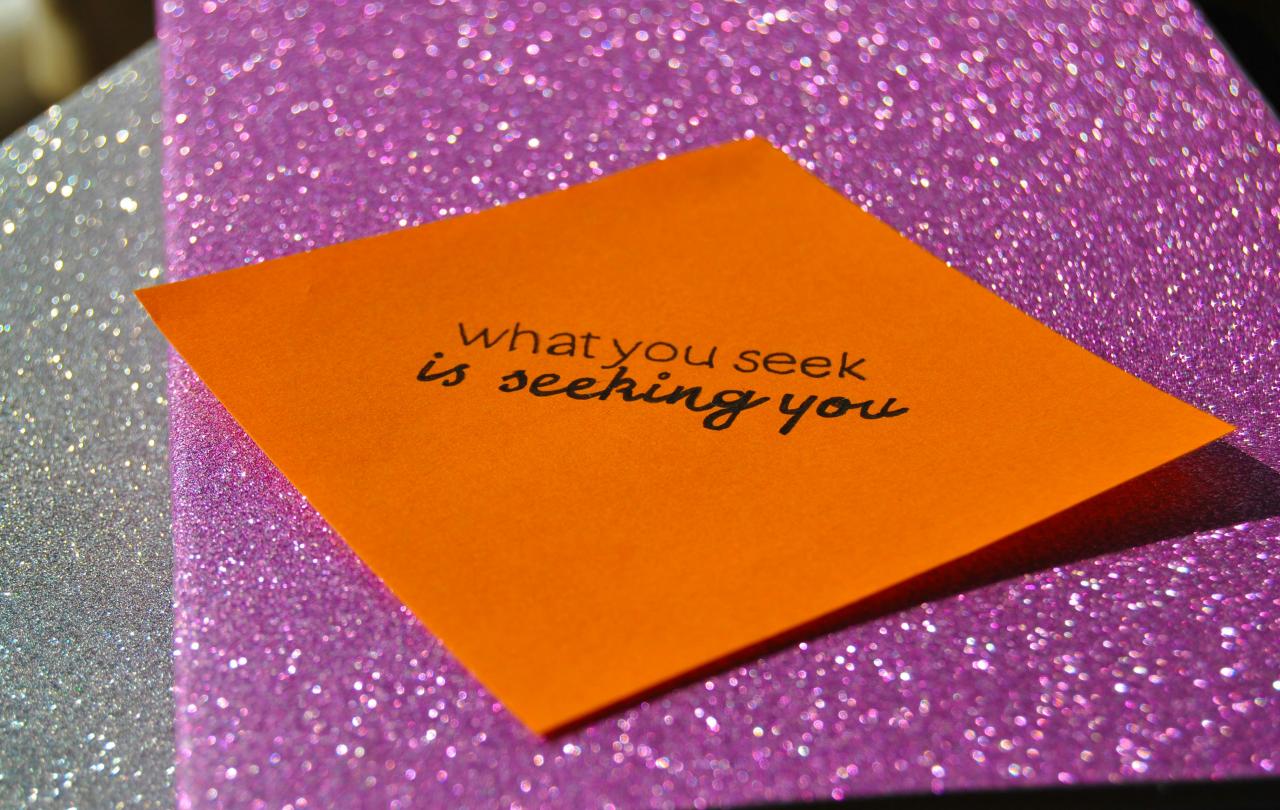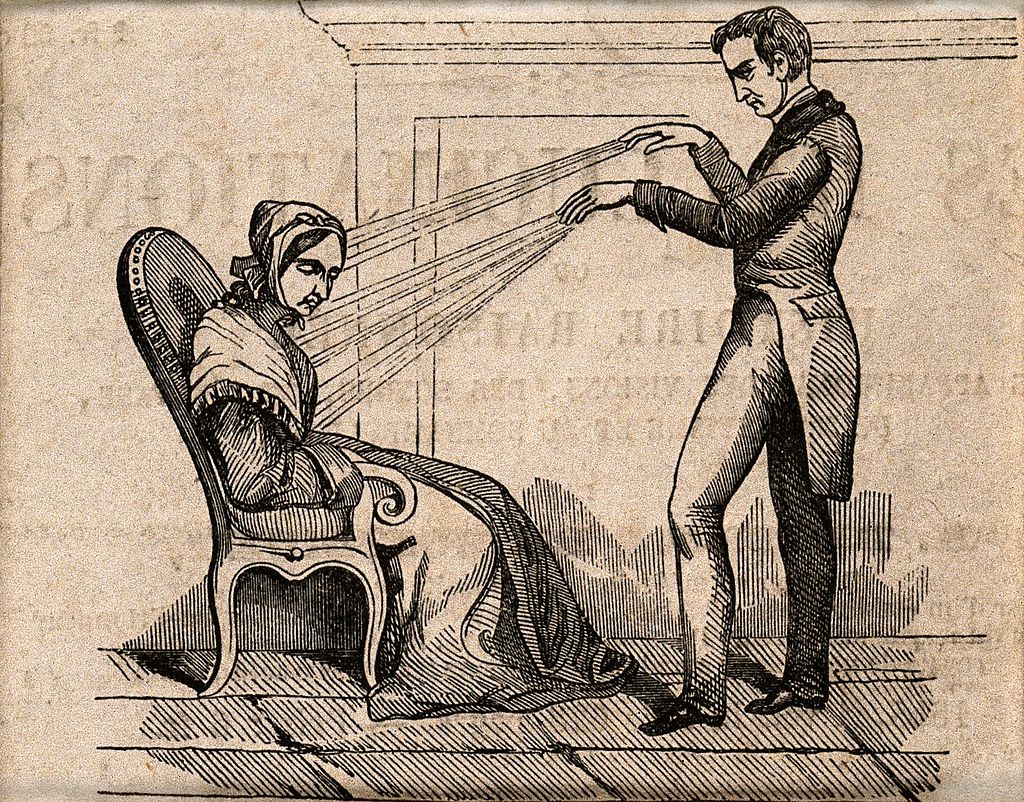
The magnificent and mysterious pageantry of the coronation, climaxing in the thrill of ‘Zadok the Priest’ bursting out over the royal anointing and the tremulous descent of St Edward’s crown onto the head of the king, are now receding into memory. The performative power of the event may linger for a while, but the time for critical reflection on what just happened has already begun.
The event will have evoked a wide variety of responses in different sections of the nation. Polls suggest that the majority remained largely indifferent, probably including many who had the TV on in the background while enjoying a long weekend spent on other things. A minority, not only vocal supporters of ‘Republic’, will have found the whole thing objectionable in principle. That will likely include many among the majority of young people who now report sharply declining support for the monarchy itself.
To have tampered overmuch with its religious character would have been to undermine their sense of cultural identity, whatever they made of it theologically (if anything).
Some, also a minority, will have looked to it to reconnect with longstanding British traditions that allow us to rise, even momentarily, above the grasping character of party politics and to offer to a fractured and anxious people a renewed prospect of national harmony.
For some among that minority, the religious character of the event will have been important. To many from non-Christian faiths, the coronation consolidates an Anglican Establishment which, they think, serves to protect the public standing of all faiths. The (welcome) participation of representatives of Britain’s minority faiths in the event will have confirmed that perception.
To others in the same minority, Christianity – represented here by the Church of England – is an essential thread in the weave of a national culture in need of shoring up. To have tampered overmuch with its religious character would have been to undermine their sense of cultural identity, whatever they made of it theologically (if anything).
To still others – we are now talking about a small minority-within-a-minority – the Christian character of the event is decisive to its intrinsic meaning and public significance. Mostly but not exclusively English Anglicans (the category includes many Catholics, for example), such voices claim that the coronation expresses a distinctively Christian theology of accountability and service that has been vital in the formation of Britain and should be retained if such goals are to be kept alive.
Political authority, they argue, is a trust from God, laying on its holders a solemn, ‘covenantal’, duty to govern according to God’s justice and to serve the common good. This theology was lucidly expressed in the Church of England’s commentary on the Coronation liturgy and appeared in many other Christian statements ahead of the event (for example, here, here and here). Bishop Graham Tomlin expressed doubt that there could be a better way to uphold a vision of accountable government.
This Christian theology of accountability, while truly at the core of the coronation liturgy, was almost entirely ignored by the media before and during the day.
The few in the secular media that did recognise its specifically Christian character mostly reacted indifferently or adversely to it (the Daily Telegraph’s Tim Stanley, a Catholic, was one exception). Some drew attention to the incongruity of one small and declining English Christian denomination continuing to preside over the investiture of the head of state of a pervasively secularised, religiously plural, and multinational, United Kingdom. The Guardian’s Martin Kettle even claimed that the event amounts to ‘a lie at the heart of the British state’. ‘The lie is that Britain is a practising Christian nation, and that it is defined and held together by the established Protestant religion, of which the monarch is the embodiment’.
Whether or not we accept that harsh verdict, it is surely necessary for the Church of England to confront the bleak sociological facts behind it. With fewer than three per cent of the population actively committed to the Church of England, what remains of its entitlement to enjoy the privileges and bear the responsibilities of being the ‘national Church’? Is there not a glaring presumption in wishing to remain the custodian of ‘the faith of the nation’ when the nation has overwhelmingly abandoned that faith – however much some still feel an affection for it as an embellishment of English culture?
But the Church of England should not be driven primarily by sociological considerations, telling though they are. It should be guided by theological imperatives. And that requires it to revisit the theology of accountability outlined above. The problem is not with the claim that rulers are accountable to God and people. That has long been the central assertion of Christian political theology; I affirm it. The problem is with granting that claim a constitutional status – which is exactly what investing a head of state in the context of a Christian service amounts to.
Defenders of the coronation typically refer back to the polity of biblical Israel to justify its sacral character. But they tend not to acknowledge that, in the Hebrew scriptures, biblical Israel was, uniquely, established by God as a covenanted confessional polity in which only the religion of Yahweh was permitted (and in which the priestly anointing of kings was prescribed).
But this arrangement has now been rendered obsolete by the ‘New Covenant’ inaugurated in Jesus Christ. The people of God have been transformed into a transnational voluntary fellowship of Christ-followers, no longer bound to any one territorial national political community, still less to one legitimated by one religion and protecting only that religion. In the era of the New Covenant, states no longer possess the right to express an official view of the truth of religious claims. By implication, that also means they may not decide that any religion should be endorsed or preferred. This suggests they should maintain a posture of impartiality towards religions, and indeed towards other ultimate truth-claims (such as secular humanism). That is one way of treating their citizens equally, which is another basic political principle originating in Christian theology.
A religiously impartial state is not a morally empty state, but a limited state – a humble state.
Some will reply by claiming that this is a ‘secular liberal’ stance that abandons the political community to agnosticism, leaving a moral and spiritual vacuum at its heart. Rather, this view of the religious incompetence of the state is itself an outcome of Christian claims. These claims originated with the theologically orthodox seventeenth-century Dissenters but were eventually taken up by thinkers such as Locke and others in the broader liberal movement.
A religiously impartial state is not a morally empty state, but a limited state – a humble state. It certainly needs the resources and challenges of faith communities, among many others, to fulfil its vocation to serve the common good. But it need not, and theologically may not, confer constitutional privilege on any religion or religious organisation.
If the UK were to become such a state, its head of state could still be installed in a rich, morally freighted civil ceremony, perhaps in Westminster Hall, in which the monarch, and the governments acting in their name, could be solemnly charged to uphold ‘law, and justice, with mercy’ (as the Coronation oath puts it). Other European constitutional monarchies without coronations perform as well as ours on that score, mostly without any elements of an established church at all.
The task of the Church of England and other churches, alongside other citizens, would be to project into political debate their particular visions of what these commitments mean, and employ all democratic means to hold governments to account for fulfilling them. They are already doing this; they could do so more effectively.
The Church of England could then do so unburdened by the jarringly mixed messages sent by its retention of constitutional privilege and by its very visible association with the royal pomp and opulence of a traditional coronation. It may have only a decade or so to prepare itself for such an eventuality.






